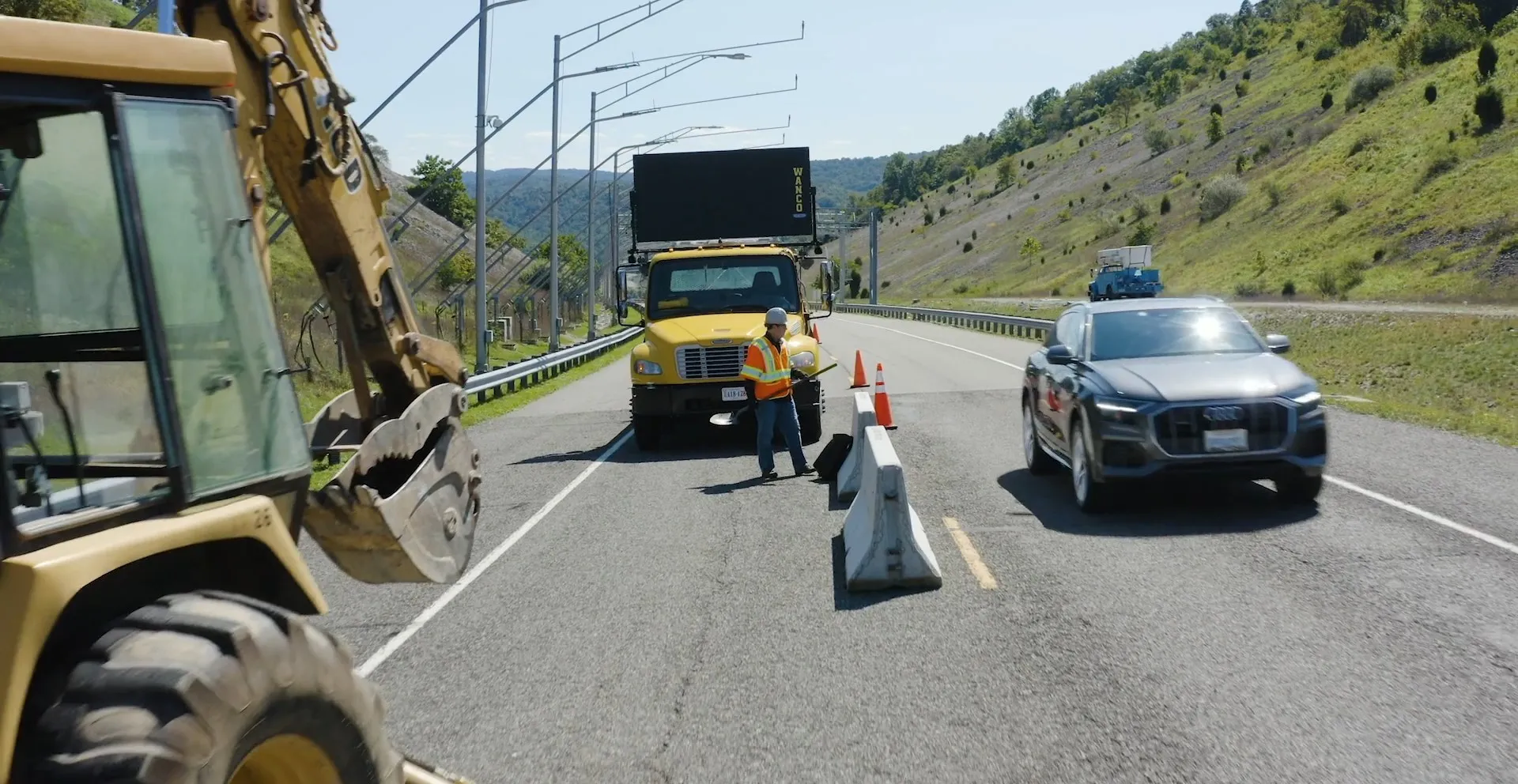The European communicating cars test drive along the Cooperative ITS (Intelligent Transport Systems) Corridor spanning Austria, Germany and the Netherlands has reached its final destination in the Netherlands.
Initiated by NXP Semiconductors, the test drive also included Siemens, Honda, Cohda Wireless, TÜV Süd and automobile clubs AvD and ANWB.
The ITS showcase ended in Helmond following a week-long tour which began at the Electronica electronics trade show in Munich. The event saw a convoy of five Ho
November 21, 2014
Read time: 2 mins
The European communicating cars test drive along the Cooperative ITS (Intelligent Transport Systems) Corridor spanning Austria, Germany and the Netherlands has reached its final destination in the Netherlands.
Initiated by566 NXP Semiconductors, the test drive also included 189 Siemens, 1683 Honda, 6667 Cohda Wireless, TÜV Süd and automobile clubs AvD and 481 ANWB.
The ITS showcase ended in Helmond following a week-long tour which began at the Electronica electronics trade show in Munich. The event saw a convoy of five Honda smart cars start its drive through 1,300 kilometres of roads, including ITS test fields in Munich and Vienna, to Helmond. The cars, which were fitted with NXP secure communications technology, demonstrated the benefits of smarter traffic control including improved road safety and traffic flow.
In addition to ensuring secure connections between the cars involved in the demonstration and the accompanying infrastructure, NXP worked with other industry leaders to help make the tour a reality, including: Siemens which was responsible for supplying the intelligent infrastructure, fitting road signs, traffic lights and road obstacles with secure V2X radio sensors; Honda supplied the cars for the tour; Cohda Wireless which provided the application software; and TÜV Süd, AvD and ANWB as supporters of V2X communications.
The demonstration showed how the new technology could alert drivers to upcoming road works, oncoming emergency vehicles, pending speed limits and breaking of vehicles ahead, all allowing drivers to take the necessary precautions and avoid unnecessary accidents. This is in addition to the use cases showcased in Munich and Vienna which included traffic light communication, slippery road warning, pedestrian crossing warning, and slow vehicle warning.
Initiated by
The ITS showcase ended in Helmond following a week-long tour which began at the Electronica electronics trade show in Munich. The event saw a convoy of five Honda smart cars start its drive through 1,300 kilometres of roads, including ITS test fields in Munich and Vienna, to Helmond. The cars, which were fitted with NXP secure communications technology, demonstrated the benefits of smarter traffic control including improved road safety and traffic flow.
In addition to ensuring secure connections between the cars involved in the demonstration and the accompanying infrastructure, NXP worked with other industry leaders to help make the tour a reality, including: Siemens which was responsible for supplying the intelligent infrastructure, fitting road signs, traffic lights and road obstacles with secure V2X radio sensors; Honda supplied the cars for the tour; Cohda Wireless which provided the application software; and TÜV Süd, AvD and ANWB as supporters of V2X communications.
The demonstration showed how the new technology could alert drivers to upcoming road works, oncoming emergency vehicles, pending speed limits and breaking of vehicles ahead, all allowing drivers to take the necessary precautions and avoid unnecessary accidents. This is in addition to the use cases showcased in Munich and Vienna which included traffic light communication, slippery road warning, pedestrian crossing warning, and slow vehicle warning.







